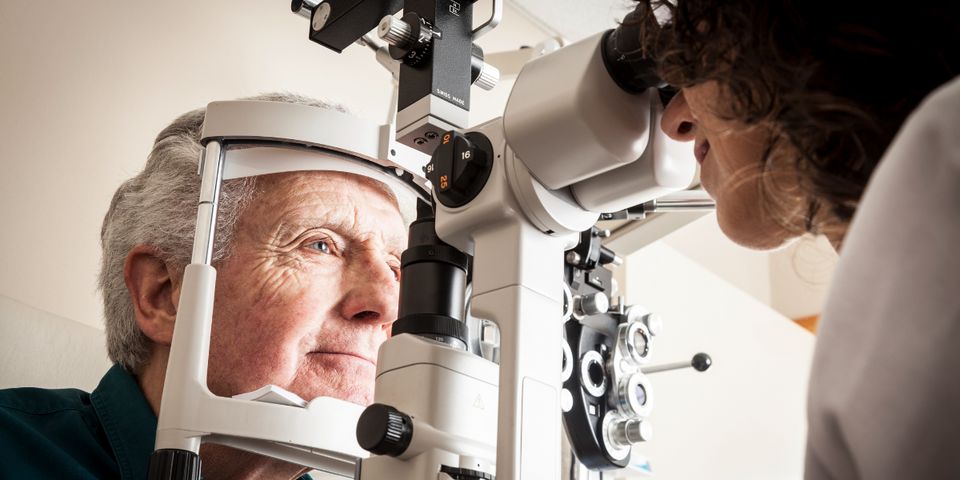
Retinitis pigmentosa is a group of eye diseases that cause deterioration of light-detecting cells in the retina. Over time, this rare condition leads to a breakdown in one's eyesight and eventual vision loss. Retinitis pigmentosa is inherited, so if you have a family history of the disease, you likely have a lot of questions about it. Here are answers to some of the most commonly asked.
What You Need to Know About Retinitis Pigmentosa
What are the symptoms?
The primary symptoms involve changes to and a gradual decline of one's vision as the photoreceptor cells in the retina fail. This can take a few different forms, the most common being a loss of peripheral sight while still maintaining clear central vision, tunnel vision, or central vision loss that cannot be corrected by glasses or contact lenses. As symptoms progress, the individual loses more and more sight until they are legally blind.
When do symptoms begin?
Symptoms typically begin in childhood, but the onset and progression of the condition can vary from one person to the next. An eye doctor can often detect the first signs of the disease in children as young as 10 years old. Most people with retinitis pigmentosa have lost much of their eyesight by young adulthood.
How is it diagnosed and treated?

Your eye doctor can diagnose retinitis pigmentosa by looking at the back of the eye with an ophthalmoscope, performing a visual field test, and measuring how the retina responds to light flashes. They might also suggest a genetic test to see if it's a possibility. While there is no cure for the condition, there are some possible ways to slow its onset. These include using low-vision devices, avoiding bright-light conditions, and taking vitamin A supplements.
What causes it?
The condition is a genetic one, which means it is passed in the cells from parent to child. It is not a result of eye injury, infection, or other external factors. Mutations in the genes prevent them from communicating effectively with the cells in the retina, so these cells do not develop correctly and progressively break down.
If you have a family history of retinitis pigmentosa, eye care should be a priority in order to prevent vision loss for as long as possible. Serving the Tri-State area from locations in Middletown and Milford, NY, Tri-State Eye treats a wide range of eye conditions, including retinitis pigmentosa, diabetic retinopathy, glaucoma, and cataracts. Call (845) 703-2020 for an appointment or visit them online to browse their services.
About the Business
Have a question? Ask the experts!
Send your question

